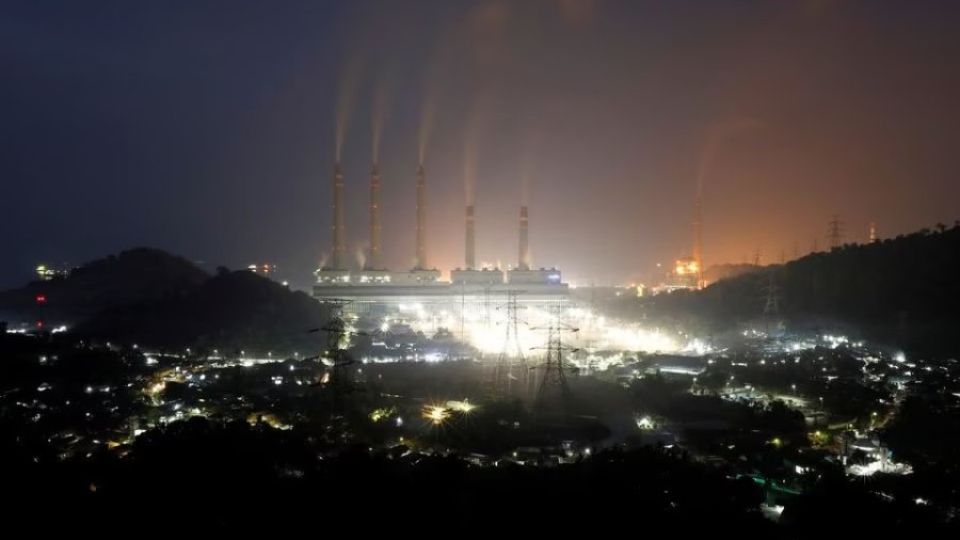July 7, 2023
JAKARTA – Indonesians are in favor of an early shutdown of coal-fired power plants to achieve the country’s target for the reduction of carbon emissions, according to a survey from the Center of Economic and Law Studies (CELIOS).
The survey results published on Wednesday show that a large majority of the 1,245 respondents agree with plans to accelerate the closure of coal-fired power plants, even though only a minority know about the Just Energy Transition Partnership (JETP), which provides funding for the coal phase-out.
Among those that are aware of the JETP, support for the coal phase-out is very high, with 89 percent in favor, but even among those that do not know about the funding program, 62 percent want coal-fired power plants off the grid sooner rather than later.
CELIOS concluded that the JETP should seize the moment to increase awareness about the energy transition, arguing that public support for the early closure of the power plants was crucial for mitigating environmental damage, improving public health and accelerating the transition to renewable energy sources.
Interestingly, the survey reveals that agricultural sector workers are the most “optimistic” about the government’s capacity to adopt regulations that would assist the energy transition, with 91 percent affirming this.
People with vocational education degrees also express above-average support for the closure of the plants. “This is likely because they are directly involved in sectors closely related to energy, such as manufacturing and automotive industries,” the study authors write.
Unpaid family workers and unemployed people, meanwhile, are less supportive, which, according to CELIOS, is likely because they “are concerned that the closure of [coal-fired power plants] could lead to increased electricity and food prices, negatively impacting their well-being.”
The survey indicates that women are more likely than men to oppose the shutdown of coal-fired power plants, possibly because they are concerned “about the impact of the energy transition on their lives,” such as through power shortages.
The survey reveals that vocation and economic climate influence public perceptions of renewable energy, with generally greater support for the energy transition expressed by those employed in the formal sector.
Based on a separate report published on June 26, Sustainable Fitch revealed that there was a lack of consensus on the phasing out of coal among the developed countries involved in the JETP. Indonesia’s energy transition hinges largely on reducing fossil fuel use.
Despite the government’s declared commitment to decarbonization, Fitch said it expected the share of coal-fired electricity to increase in Indonesia.
The JETP deal does not cover captive power plants, or plants that are not connected to the national energy grid and provide power to factories and industrial parks, according to Fitch, whose analysts also noted that Indonesia faced distribution challenges due to its archipelagic geography.
The country also lacks strong environmental and legal policies to support the development of renewable energy, the Fitch report said.


